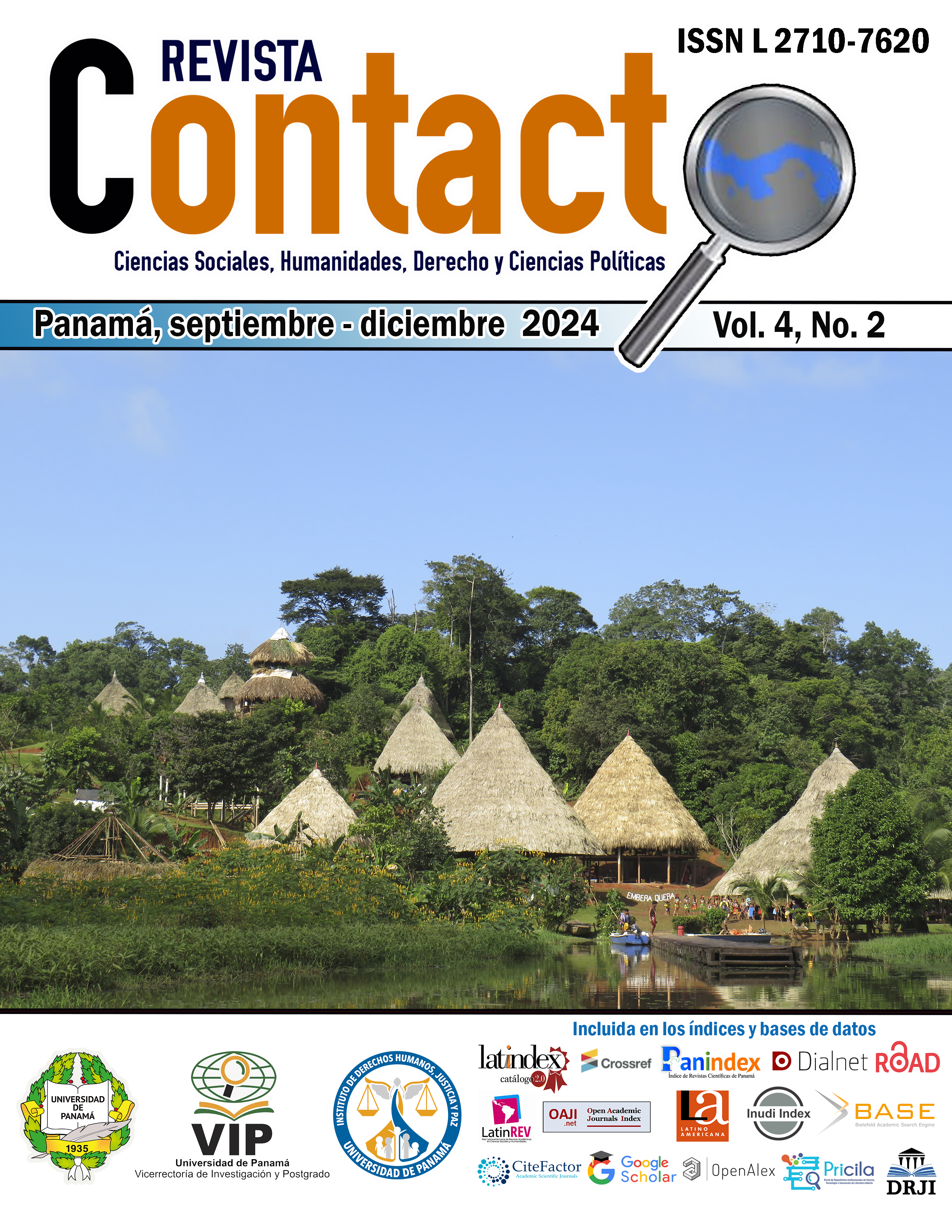

Copyright (c) 2025 Revista Contacto

This work is licensed under a Creative Commons Attribution-NonCommercial-ShareAlike 4.0 International License.
With the evolution of technology and knowledge society, social networks have brought with them an influx of functions and applications that increasingly impact the education of students, from early ages to university students. The aim of this paper is to demonstrate the use that can be given to social networks in education and the cultural identity that emerges as a result of their use. For this purpose, we used a descriptive methodology, given the research carried out in studies related to the subject. Since social networks are a daily way of communicating, it deserves the study of art to determine its evolution and use in the academic field. Based on the analysis carried out by the different authors, we have been able to establish topics of discussion in which the subject or element that can determine the greater or lesser use of social networks within the classroom is the teacher. Thus, our conclusions emphasize that the use of digital technology fosters an environment of continuous communication and collaboration between students and teachers and creates a digital cultural identity.